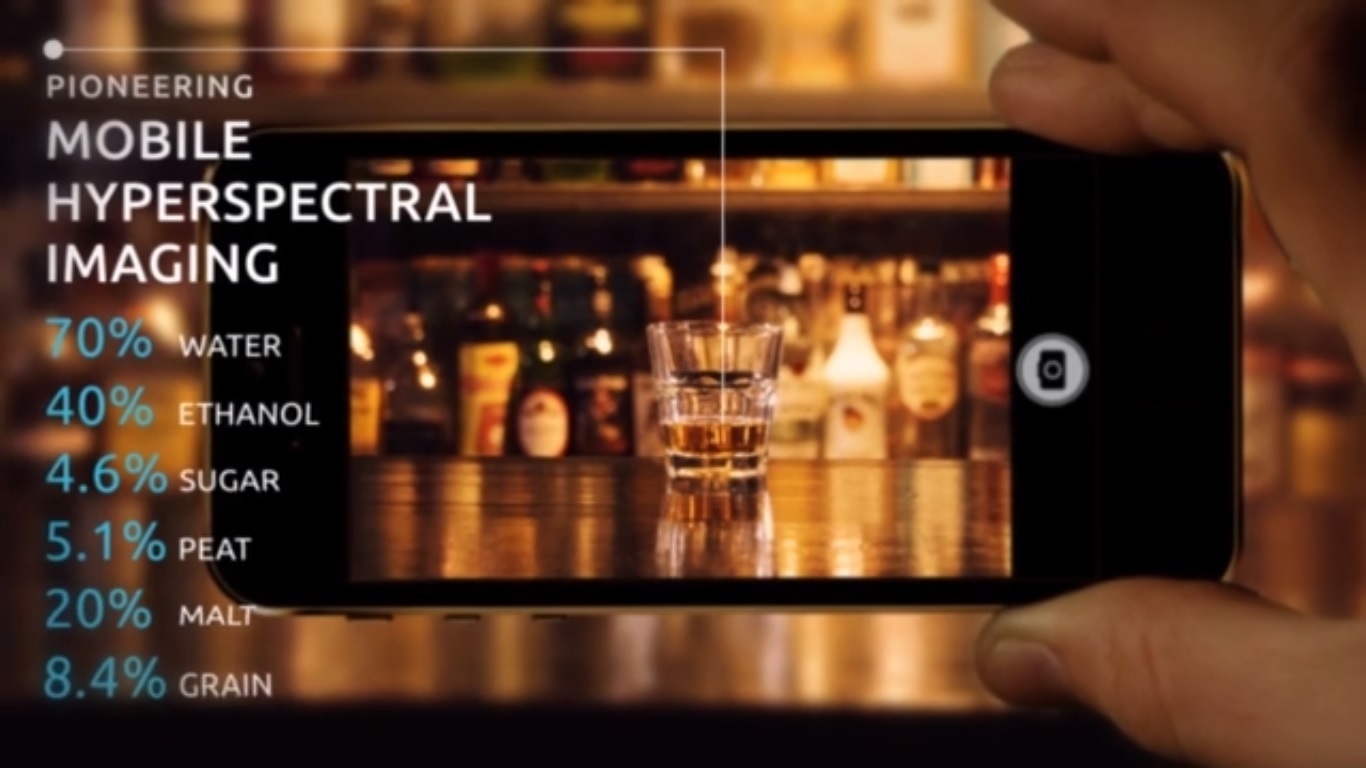Tel Aviv University‘s David Menlovic and Ariel Raz are turning smartphones into hyperspectral sensors, capable of identifying chemical components of objects from a distance.
The technology, being commercialized by Unispectral and Ramot, improves camera resolution and noise filtering, and is compatible with smartphone lenses.
The new lens and software allow in much more light than current smartphone camera filter arrays. The software keeps the image resolution clean as the camera zooms further in. Once the camera has acquired the image, data is sent to a third party to process and analyze material compounds and the amount of each component. The third-party analyzer then sends the information back to the smartphone.
Unispectral is in talks with smartphone makers, auto makers, and security organizations to be third party analyzers. To analyze the data from camera images, the partner will need a large database of hyperspectral signatures.
Wearable Tech + Digital Health NYC 2015 – June 30 @ New York Academy of Sciences. Register now and save $300.
